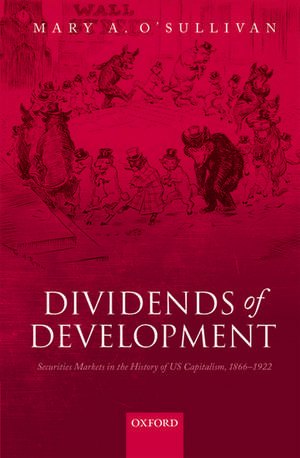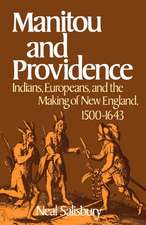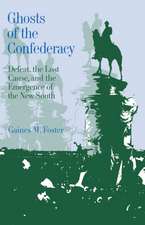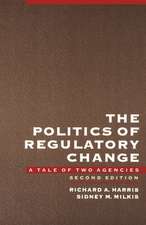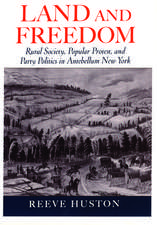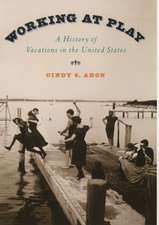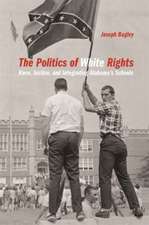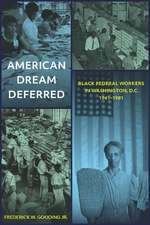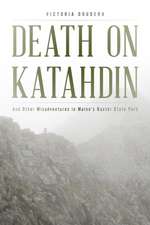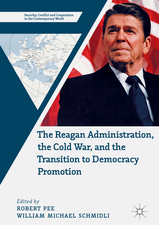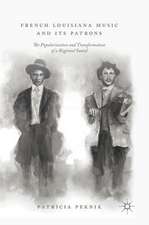Dividends of Development: Securities Markets in the History of U.S. Capitalism, 1866-1922
Autor Mary A. O'Sullivanen Limba Engleză Hardback – 29 sep 2016
Preț: 596.34 lei
Preț vechi: 852.30 lei
-30% Nou
Puncte Express: 895
Preț estimativ în valută:
114.11€ • 119.46$ • 94.42£
114.11€ • 119.46$ • 94.42£
Carte tipărită la comandă
Livrare economică 25-31 martie
Preluare comenzi: 021 569.72.76
Specificații
ISBN-13: 9780199584444
ISBN-10: 0199584443
Pagini: 404
Dimensiuni: 160 x 241 x 27 mm
Greutate: 0.73 kg
Editura: OUP OXFORD
Colecția OUP Oxford
Locul publicării:Oxford, United Kingdom
ISBN-10: 0199584443
Pagini: 404
Dimensiuni: 160 x 241 x 27 mm
Greutate: 0.73 kg
Editura: OUP OXFORD
Colecția OUP Oxford
Locul publicării:Oxford, United Kingdom
Recenzii
Mary O'Sullivan's new book represents an important and highly persuasive revisionist contribution to economic and financial history...This is rigorous, theoretically informed history, which avoids bending facts to fit theories and chooses to 'interpret history in a forward-looking rather than backward-looking way' (p.12). Those who wish to contest her arguments will need to match her diligence in painstakingly revisiting an array of archival and other original sources, a formidable proposition. For the business historian, there is much of interest and much to admire in this book, not only in its findings but also in its approach and fine demonstration of the historians craft.
Notă biografică
Mary A. O'Sullivan is a Professor of Economic History and director of the Department of History, Economics, and Society at the University of Geneva. Her research is focused on the history of industries and enterprises, financial history, and the comparative history of economic development. She is the author of Contests for Corporate Control: Corporate Governance and Economic Performance in the United States and Germany (Oxford University Press, 2000) and co-editor of the book, Corporate Governance and Sustainable Prosperity (Macmillan, 2002) as well as numerous journal articles. Before joining the University of Geneva, O'Sullivan was an Associate Professor of Management at the Wharton School of the University of Pennsylvania from 2005 to 2010 and Associate Professor of Strategy at INSEAD (Fontainebleau, France) from 1996 to 2004. She earned her Ph.D. in business economics at Harvard University, an MBA from Harvard Business School and a Bachelor of Commerce from University College Dublin.
